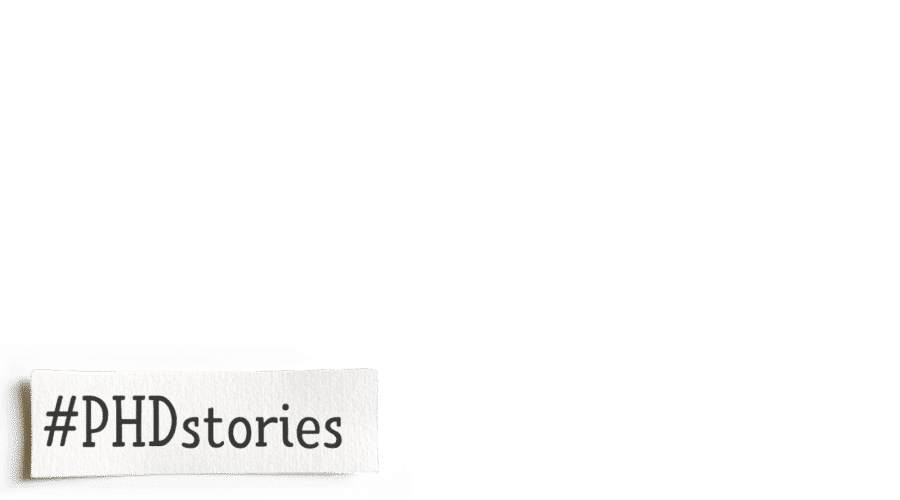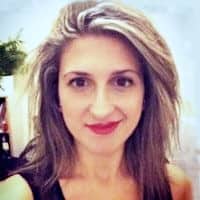#PHDstory | Florence Yunh


Which field is your research topic in?
I am working in the chemistry research field. My PhD project involves organic chemistry and biochemistry.
Tell me more about it.
I am a PhD student at Cardiff University, and I am working on a project that involves a plant protein that produces a class of natural products, called terpenes. These products are the skeleton structure of lots of the drugs we know right now. For example, Taxol™ is a widely used terpene in chemotherapy. I am trying to understand how these proteins work, and exploit what nature gave us to create molecules that would be useful for our society. For example, I use these enzymes to easily produce new molecules which can then be potent drugs. In the lab, I work with living cells to produce the proteins I have mentioned; they will in turn produce compounds of interest, like new medicines.
More specifically, the protein I work with produces amorphadiene, a precursor of artemisinin, the main drug we use right now to fight malaria. We have nowadays several challenges to tackle about this disease. One of these is the resistance towards the drug, which is currently building up, so we are in need of a new treatment. Also, we are trying to make these drugs (artemisinin and derivatives) economically accessible to third world countries, which are the more touched by malaria.
So, are you also developing a new cost-effective approach to make these drugs?
Yes, exactly.
How is yours different from the old approach?
Currently, artemisinin is simply extracted from plants. This is a very destructive process for nature, and definitively expensive. Because every harvest is different, artemisinin yield varies from year to year. Therefore, the price varies a lot in time, which does not make it easy nor simple for third world countries to buy this drug.
What I am trying to do in the lab is to find a faster and reliable way to make artemisinin. How? Using these living cells, from E. coli bacteria, to produce the drug itself. So, instead of manually extracting the drug from the plant, we could, in the future, produce it in the lab, using these cells, in a faster, safer and cheaper way.
Do you also collaborate with other researchers?
Yes, I do. I collaborate with other research groups around the world. Together, we aim to make this whole process scalable, so to produce artemisinin in very big amounts, seeing as right now we are able to produce the drug but in very small quantities.
What motivated you to enter this field of study?
I wanted to bring something positive to society. There are many ways to do that and I think all fields of study are trying to reach that goal. But I believe that working in this field is exploiting my capacities to reach that goal. Also, chemistry is everywhere and I love it!
To you, what would it mean to be successful?
This is a very subjective question. Being successful for me is being happy with my life.
What is happiness, anyway? This is also a very personal question to which I am still looking for an answer. I may have some clues…. Working for something that is going to help society move forward makes me happy. So, I guess working in a place that is looking to improve the world we live in is for me one of the keys to be successful.
What kind of society do you dream of?
I dream of a society where everyone could afford food, basic healthcare, entertainment and education. Also, a society which is not driven only by money and banks, but where our aim is making each other happy, rather than compete with each other and make money. Oh, and something really important, I dream of a society where we all have respect for each other and where we live. We have only one earth, our home, and I think we should try to protect it for future generations.
If you could, what would you tell your younger self?
Try, even if I think I am going to fail because there is no wrong pathway.

“I have really enjoyed interviewing Florence. Especially when I have asked her what makes her happy. It is really heart-warming hearing that her happiness is working in a place that tries to make the world a better place. I was expecting a more materialistic answer and I am happy I was wrong. We need more people like Florence in this world.”

“I have really enjoyed interviewing Florence. Especially when I have asked her what makes her happy. It is really heart-warming hearing that her happiness is working in a place that tries to make the world a better place. I was expecting a more materialistic answer and I am happy I was wrong. We need more people like Florence in this world.”